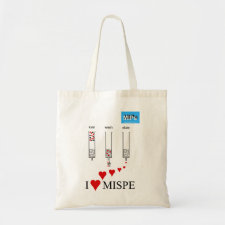
Authors: Hu TL, Chen R, Wang Q, He CY, Liu SR
Article Title: Recent advances and applications of molecularly imprinted polymers in solid-phase extraction for real sample analysis.
Publication date: 2021
Journal: Journal of Separation Science
Volume: 44
Issue: (1)
Page numbers: 274-309.
DOI: 10.1002/jssc.202000832
Abstract: Sample pretreatment is essential for the analysis of complicated real samples due to their complex matrices and low analyte concentrations. Among all sample pretreatment methods, solid-phase extraction is arguably the most frequently used one. However, the majority of available solid-phase extraction adsorbents suffer from limited selectivity. Molecularly imprinted polymers are a type of tailor-made artificial antibodies and receptors with specific recognition sites for target molecules. Using molecularly imprinted polymers instead of conventional adsorbents can greatly improve the selectivity of solid-phase extraction, and therefore molecularly imprinted polymer-based solid-phase extraction has been widely applied to separation, clean up and/or preconcentration of target analytes in various kinds of real samples. In this article, after a brief introduction, the recent developments and applications of molecularly imprinted polymer-based solid-phase extraction for determination of different analytes in complicated real samples during the 2015-2020 are reviewed systematically, including the solid-phase extraction modes, molecularly imprinted adsorbent types and their preparations, and the practical applications of solid-phase extraction to various real samples (environmental, food, biological, and pharmaceutical samples). Finally, the challenges and opportunities of using molecularly imprinted polymer-based solid-phase extraction for real sample analysis are discussed
Template and target information: review - MIPs in solid phase extraction
Author keywords: Clean up, Molecularly imprinted polymers, Real samples, sample preparation, Solid-phase extraction



Join the Society for Molecular Imprinting

New items RSS feed
Sign-up for e-mail updates:
Choose between receiving an occasional newsletter or more frequent e-mail alerts.
Click here to go to the sign-up page.
Is your name elemental or peptidic? Enter your name and find out by clicking either of the buttons below!
Other products you may like:
 MIPdatabase
MIPdatabase









